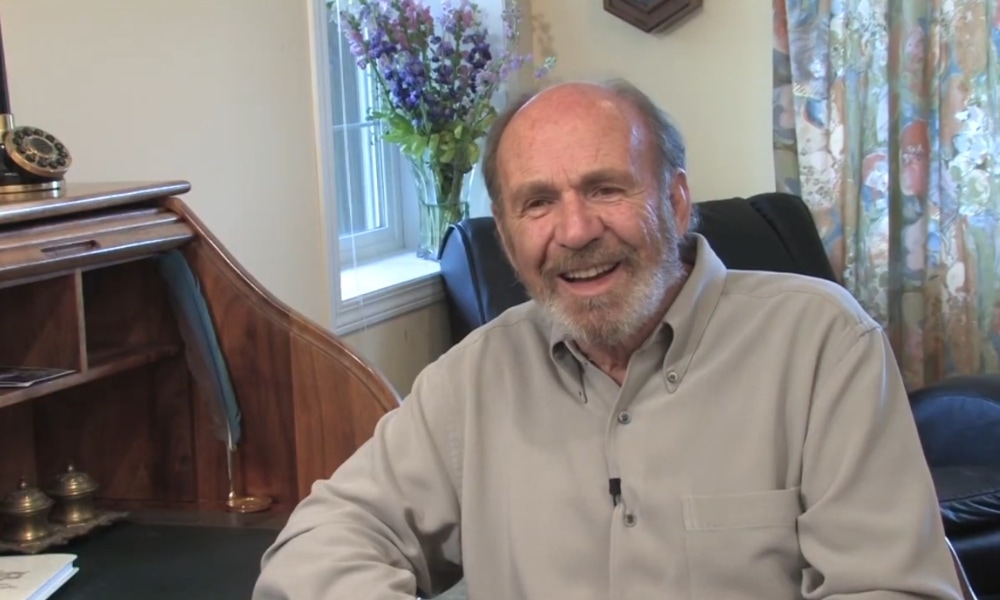A Universal Love.
Experience a deeper and more peaceful understanding of life through the Three Principles of Mind, Consciousness, and Thought.
Keith Blevens, Ph.D. and Valda Monroe (main picture above)
When we realize the existence and gift of any one of these three principles, we are in the state of love and true understanding, where inspiring thoughts and feelings come to life.
Universal Mind is the intelligence of all things before creation and after creation.
Universal Thought is the mystical bridge that connects what is before creation and after creation.
Universal Consciousness gives us the ability to recognize creation and all it entails.
Sign up for the Three Principles Psychology newsletter
You can unsubscribe at any time.
Uncovering the Hidden Dimension
the absolute supreme secret to all problems in the universe.
Join Keith Blevens and Brett Chitty to realize your divine inheritance.


